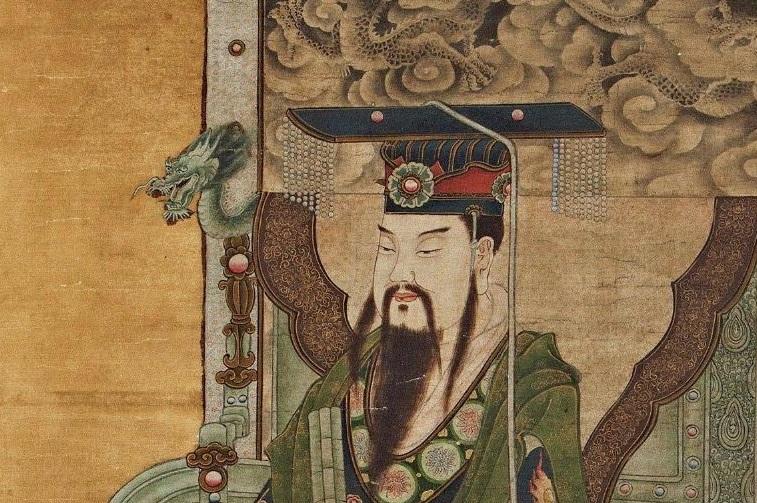The lunar new year, which this year landed on Feb. 8, is traditionally celebrated in China and other East Asian countries, as well as among the Chinese communities around the world. Though New Year’s itself is only one day, there are so many festivities and rituals that they extend all the way to the 15th of the first lunar month, the day of the Lantern Festival, which falls on Feb. 22.
Several of the most important events and customs that take place during the 15 days of the Chinese New Year originated from ancient legends or rituals held to revere major deities. In fact, the New Year itself comes from a legend, that of the man-eating Nian Beast.
Frightening and Capturing the Nian Beast
In old lore, the Nian appeared once a year to feast upon people and was particularly fond of devouring children. To ward off the beast, villagers were forced to place food in front of their doors in hopes that this would sate its appetite.





